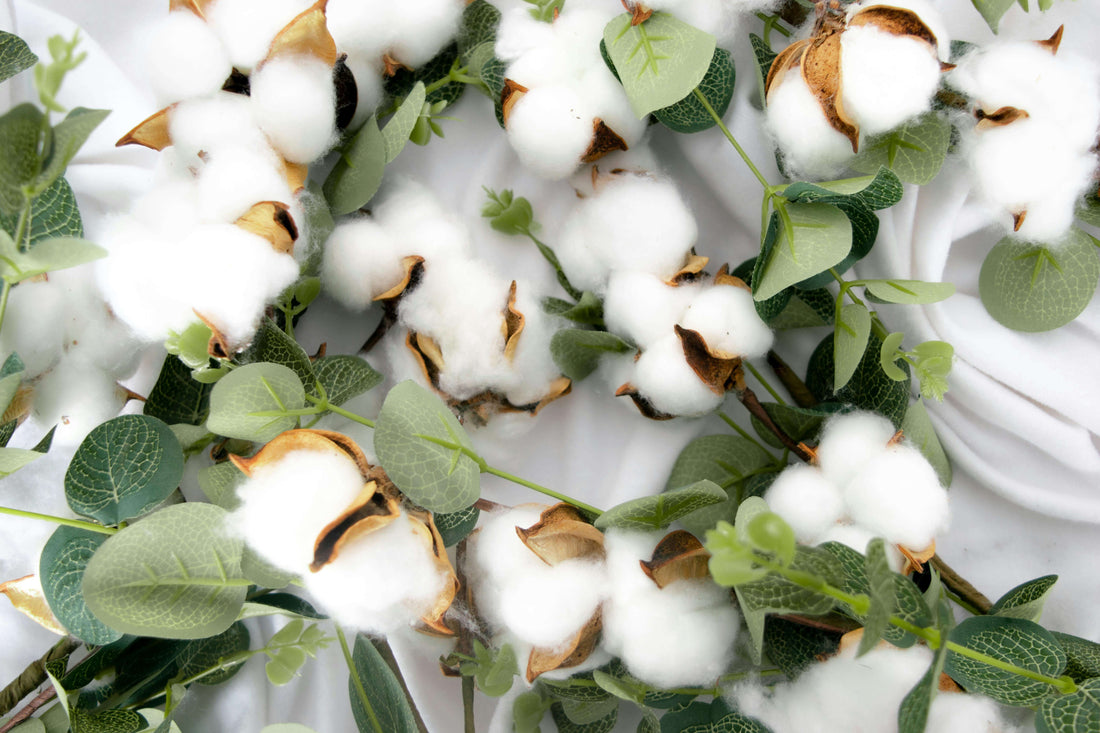
The benefits of organic cotton on the planet
Share
In a world increasingly aware of environmental issues, organic cotton is emerging as a sustainable alternative to conventional farming practices. While the textile industry is often criticized for its environmental impact, organic cotton offers a glimmer of hope.

Organic cotton and biodiversity
One of the most significant benefits of organic cotton is its contribution to biodiversity protection. Unlike conventional cotton, which uses harmful pesticides and herbicides, organic cotton is grown without synthetic chemicals. This growing method promotes a healthy ecosystem, allowing pollinating insects, birds, and other species to thrive. By preserving biodiversity, organic cotton also contributes to the resilience of ecosystems in the face of climate change and disease.
Soil health
Additionally, organic cotton plays a crucial role in soil health. Organic farming practices, such as crop rotation and the use of organic fertilizers, improve soil structure and fertility. These methods help conserve moisture and reduce erosion, which is essential for maintaining productive farmland. These practices also encourage the presence of beneficial microorganisms, which promotes a balanced terrestrial ecosystem. Healthy soil is not only vital for cotton cultivation, but also fundamental to global food production.
Reducing carbon footprint
Another important aspect of organic cotton is its potential to reduce carbon footprint. Conventional cotton farming is often associated with high water consumption and greenhouse gas emissions due to the use of fossil fuels for chemical production. Conversely, organic cotton requires less water and promotes sustainable farming practices, resulting in lower emissions. By choosing organic cotton products, consumers are participating in a more environmentally friendly production cycle, thus contributing to the fight against climate change.
In short, organic cotton represents a promising solution for mitigating the environmental impact of the textile industry. Thanks to its positive effects on biodiversity, soil health, and carbon footprint reduction, it is positioned as a wise choice for consumers concerned about the future of our planet. By encouraging the production and consumption of organic cotton, we can not only foster a healthier environment but also promote a sustainable lifestyle for future generations. Choosing organic cotton is not just a purchase; it's a commitment to the planet.
